The Future of Android Tablets Redefining Mobile Computing Experience
As the landscape of mobile computing continues to evolve, Android tablets are stepping into the spotlight, offering a versatile alternative to traditional laptops and desktop computers. The future of Tablet Android is not merely about enhancing hardware specifications; it also involves redefining user experience through improved after-sales service and competitive repair costs.
Consumers are increasingly looking for devices that not only serve their immediate technological needs but also come with a reliable support system, ensuring longevity and value for money. This blog will explore the emerging trends in Android tablet technology, emphasizing the importance of after-sales service advantages and how they contribute to reducing repair costs. By examining current developments and future prospects, we aim to illuminate how these factors will shape the mobile computing experience for users around the globe.
Emerging Trends Shaping the Future of Android Tablets in the Market
The future of Android tablets is being shaped by a variety of emerging trends that are redefining the mobile computing experience. One significant aspect is the integration of advanced artificial intelligence and machine learning capabilities. These technologies are enabling tablets to offer personalized user experiences, optimizing performance, and enhancing productivity tools. With AI, tasks like note-taking, language translation, and even photo editing are becoming smarter and more intuitive, allowing users to accomplish more with their devices.

Another trend is the increasing focus on gaming and entertainment features. As mobile gaming continues to grow in popularity, manufacturers are prioritizing high-refresh-rate displays, advanced graphics support, and immersive audio systems in Android tablets. This shift not only caters to gamers but also enhances video streaming and creative applications, making tablets a desirable option for both leisure and work. Additionally, the rise of 5G connectivity is enabling quicker downloads and smoother online experiences, which further empowers users to engage with rich content seamlessly.
Real-World Applications of Android Tablets Across Various Industries
The integration of Android tablets across various industries is reshaping the mobile computing landscape, enabling professionals to enhance productivity and efficiency. For instance, rugged tablets have been developed to meet the demanding needs of frontline workers. These devices are not only built to endure harsh conditions but also to provide essential capabilities for tasks ranging from inventory management to real-time communication.
In manufacturing and industrial applications, the latest generation of tablets is serving critical roles in process automation and monitoring. Industry studies indicate that the adoption of mobile devices in operational environments increases efficiency by up to 30%. With features such as IoT connectivity, these tablets facilitate seamless data transfer and analysis, enabling businesses to leverage real-time information for improved decision-making. Similarly, sectors like healthcare are experiencing advancements through the use of tablets for patient monitoring and electronic health records, streamlining workflows and enhancing patient care. As mobile technology continues to evolve, we can expect Android tablets to play an increasingly vital role across diverse fields, driving innovation and enhancing the user experience.
The Future of Android Tablets Redefining Mobile Computing Experience - Real-World Applications of Android Tablets Across Various Industries
| Industry |
Application |
Benefits |
Usage Example |
| Healthcare |
Patient Management |
Improved efficiency, real-time updates |
Doctors accessing patient data on-the-go |
| Education |
Interactive Learning |
Engaged students, personalized learning |
Students using tablets for interactive lessons |
| Retail |
Point of Sale Systems |
Faster transactions, mobile payments |
Sales associates processing sales from anywhere in-store |
| Construction |
Project Management |
Real-time collaboration, enhanced communication |
Foreman updating project status from the job site |
| Travel |
Itinerary Management |
Streamlined planning, easy access to information |
Travelers accessing itineraries and maps during trips |
Enhancing Collaboration: Android Tablets in Business Environments
The integration of Android tablets in business environments is revolutionizing collaboration among teams. Recent reports indicate that 74% of businesses recognize the importance of efficient digital tools in enhancing productivity and communication. Android tablets, with their portability and robust features, serve as ideal devices for this purpose. For example, the latest advancements in rugged tablets ensure that professionals, particularly those in fieldwork and demanding settings, can rely on durable technology that withstands various challenges while maintaining functionality.
Furthermore, the rise of mobile workforce applications is reshaping how teams interact and perform their tasks. Innovative solutions designed specifically for Android tablets allow seamless sharing of screens and resources, fostering a collaborative workspace that transcends traditional boundaries. As enterprises explore capabilities such as immersive experiences and intuitive user interfaces, Android tablets stand out as versatile tools that empower employees to engage dynamically, support collaborative efforts, and streamline workflows. The future of mobile computing, especially within the realm of Android tablets, is undoubtedly aligned with the increasing demand for cooperation in diverse business environments.
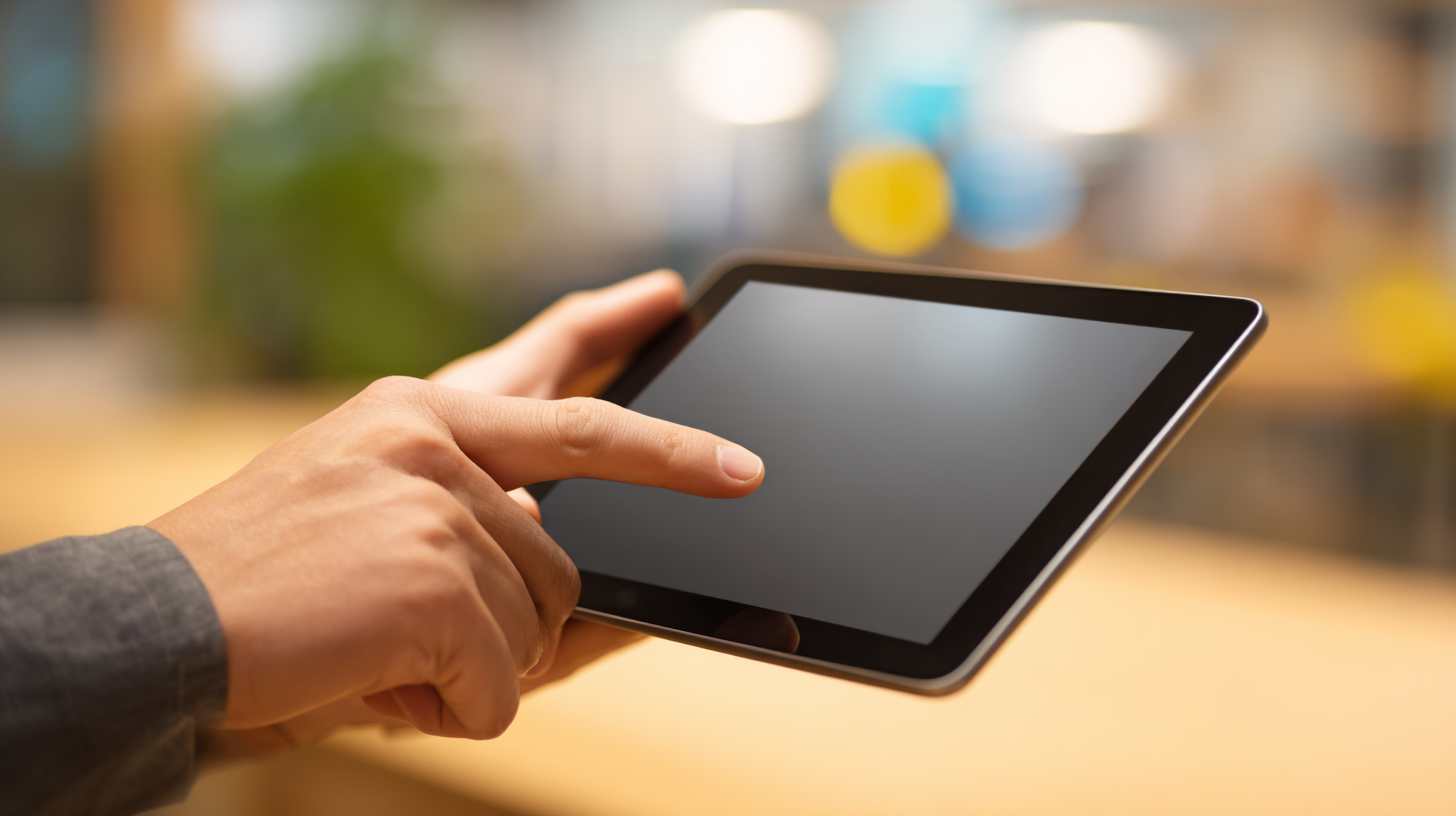
The Role of Android Tablets in Education and Remote Learning Innovations
The rapid evolution of information and communication technologies is significantly transforming the educational landscape, particularly through the integration of
Android tablets in remote learning environments. With the global education apps market projected to reach USD 83.8 billion by 2034, supported by a strong compound annual growth rate (CAGR) of 27.3%, the reliance on mobile devices for enhanced learning experiences has never been more pronounced. This growth is largely attributed to the widespread adoption of remote and hybrid learning models, which have become essential in today's educational framework.
The implementation of a college music teaching system on an Android platform exemplifies the innovative applications of mobile technology in education. By allowing students to engage with music theory, composition, and performance through interactive apps, this system leverages the accessibility of Android tablets to foster a more dynamic learning experience. As educational institutions increasingly recognize the potential of such technologies, the role of Android tablets in facilitating remote learning and promoting engagement among students will undoubtedly continue to expand.
Transforming Everyday Life: How Android Tablets Are Redefining Personal Use
As Android tablets continue to evolve, they are not just presenting a device for entertainment but are fundamentally transforming everyday life and redefining personal use. According to a report by IDC, global shipments of Android tablets are projected to reach 65 million units by 2025, showcasing an increasing reliance on mobile computing for tasks previously reserved for traditional laptops. This shift signifies that users are craving more versatile and portable experiences that Android tablets can provide, from streaming media to engaging in productivity tasks on-the-go.
Tips: When choosing an Android tablet, consider your usage needs. Look for devices with high-resolution displays for media consumption and ample battery life for extended productivity. The integration of features such as split-screen multitasking can significantly enhance your efficiency, allowing you to switch between apps seamlessly.
Moreover, advancements in app ecosystems have bolstered the functionality of Android tablets. Research by Statista indicates that over 2 million applications are now available on the Google Play Store, many of which have been optimized for tablet interfaces. This expanse of applications allows for a more personalized experience, catering to diverse interests from educational resources to creative tools.
Tips: For optimal performance, ensure that your tablet is always updated with the latest software. This not only improves security but also enhances the device's compatibility with the newest applications. Furthermore, consider investing in accessories like Bluetooth keyboards to better mimic a laptop-like experience for professional use.

Home
Products
Solutions
MDM Software
OEM/ODM
About Us
About 3Rtablet
Quality Control
Contact Us
News
New Product Launch: 3R Rugged Tablet PC: AT-10AL—Powerful Customization with Yocto System
3Rtablet: Enhancing Your Off-Road Adventures,Your Ultimate Off-Road Companion
3Rtablet: Powering Productivity in Construction and Agriculture
Choosing Your Ideal Linux Rugged Tablet: Why Opt for Yocto?
Choosing Your Ideal Linux Rugged Tablet: Why Opt for Debian?
Yocto VS Debian - Choosing Between Yocto and Debian
GMS Certified Android Device: Ensuring Compatibility, Security and Rich Functions
New Arrivals: Rugged Android 12.0 or Linux Yocto OS Vehicle Telematics Box for Vehicle Applications in Various Sectors
Rugged Tablet For Taxi Dispatch
Rugged Driver Tablets Revolutionize Safety and Efficiency in Mining Operations
Rugged In-Vehicle Tablets Power the Growth of IoT Revolution in Modern Industries
VT-7A PRO: New Android 13 Rugged Vehicle Tablet with GMS Certification
Taxi Dispatch Rugged Vehicle Tablet: Taximeter Ruggedized Car Tablet PC with CANBUS MDT Terminal Is Bound to Make an Impact in Your Business
Sick and Tired of Doing Fleet Management the Old Way? Read This! Discover Smarter Solutions with MDT Terminals, Rugged Vehicle Tablets, MDM Platforms, and More
Global Memory Supply Faces Severe Disruptions Amid AI-Driven Demand Surge
Public Transportation Transformation Accelerates: Rugged Tablets Become the Brain of the Smart Bus
Smart Anti-Collision System Unveiled: Rugged Tablet Integrates Advanced Al Pedestrian Detection Reversing Camera Technology
Driving Forward Together | Merry Christmas from 3Rtablet
Experience Durability: How 3Rtablet Redefines the Standards of a China Leading 7 Inch Tablet Rugged Factory
A Comprehensive Buyer’s Guide to Selecting a China Leading IP67 Rugged Devices Supplier
FAQs
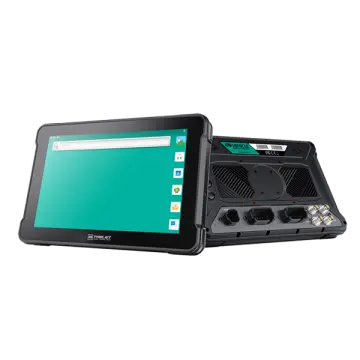 AT-10A
AT-10A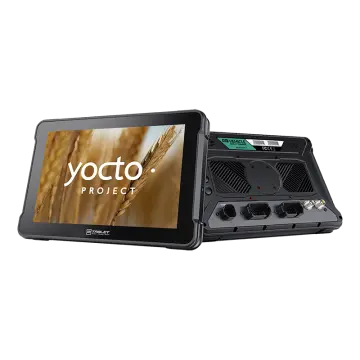 AT-10AL
AT-10AL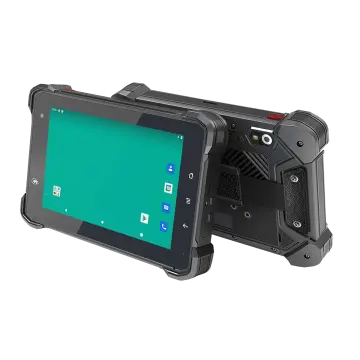 VT-7 GA/GE
VT-7 GA/GE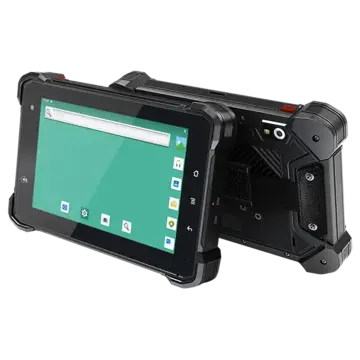 VT-7 Pro
VT-7 Pro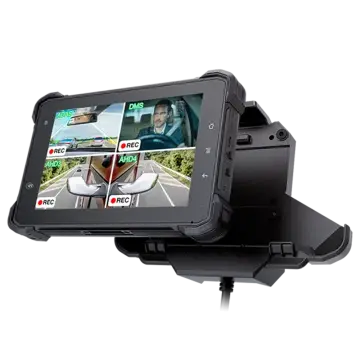 VT-7 PRO (AHD)
VT-7 PRO (AHD) VT-7A
VT-7A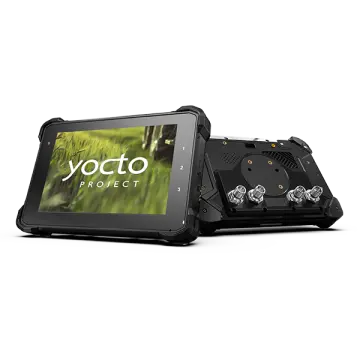 VT-7AL
VT-7AL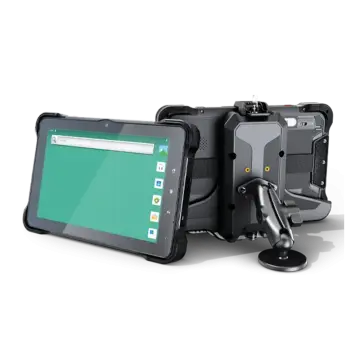 VT-10
VT-10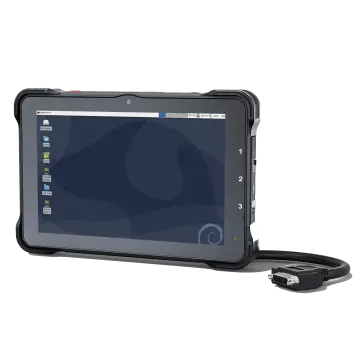 VT-10 IMX
VT-10 IMX VT-10 Pro
VT-10 Pro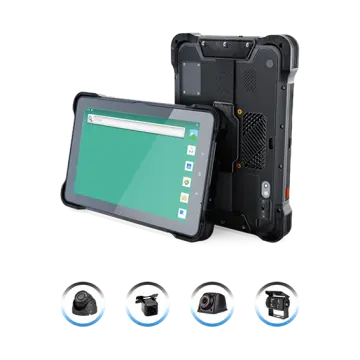 VT-10 Pro AHD
VT-10 Pro AHD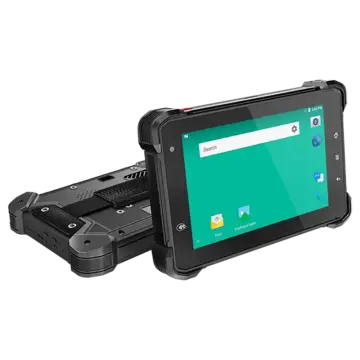 VT-7
VT-7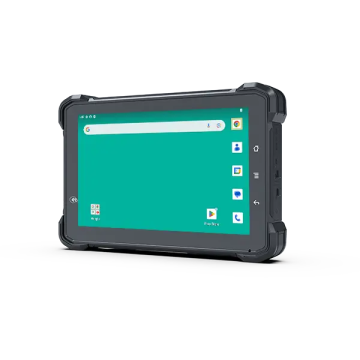 VT-7A PRO
VT-7A PRO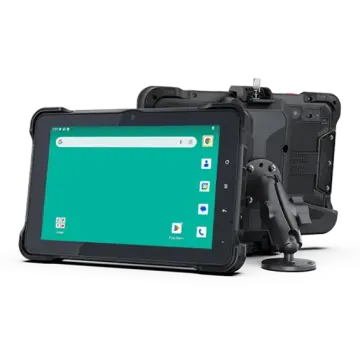 VT-10A Pro
VT-10A Pro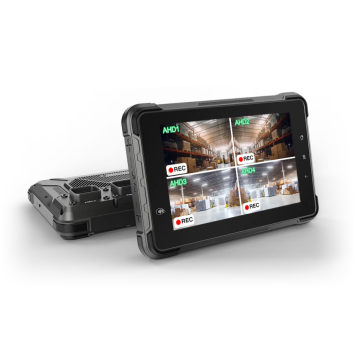 ST-7 Rugged Table
ST-7 Rugged Table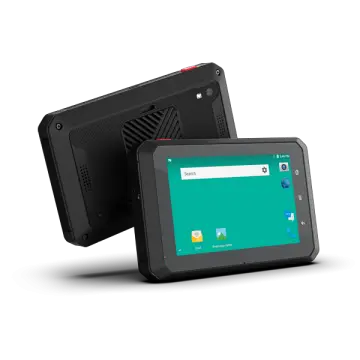 VT-5A
VT-5A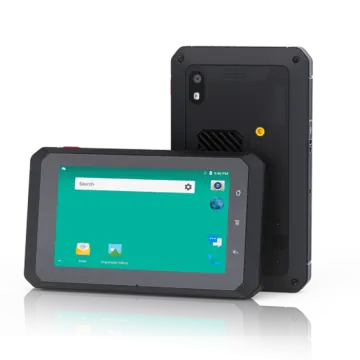 VT-5
VT-5 VT-BOX
VT-BOX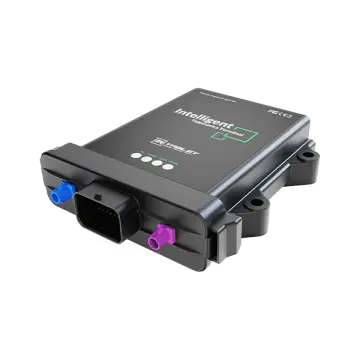 VT-BOX-II
VT-BOX-II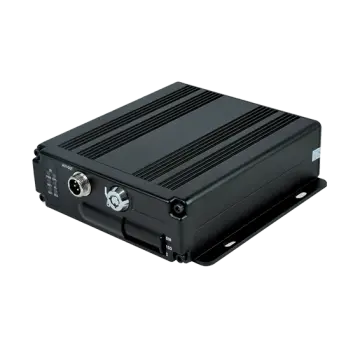 AI-MDVR040
AI-MDVR040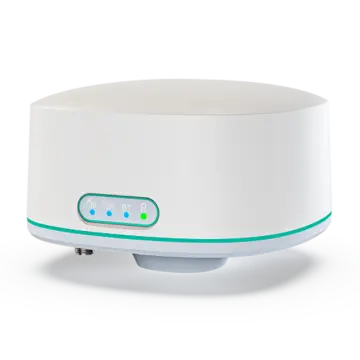 AT-B2
AT-B2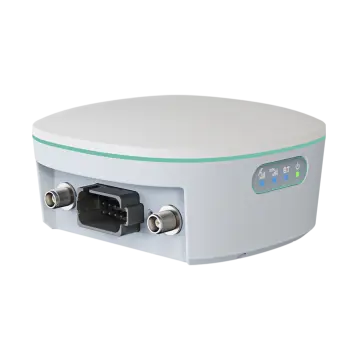 AT-R2
AT-R2

